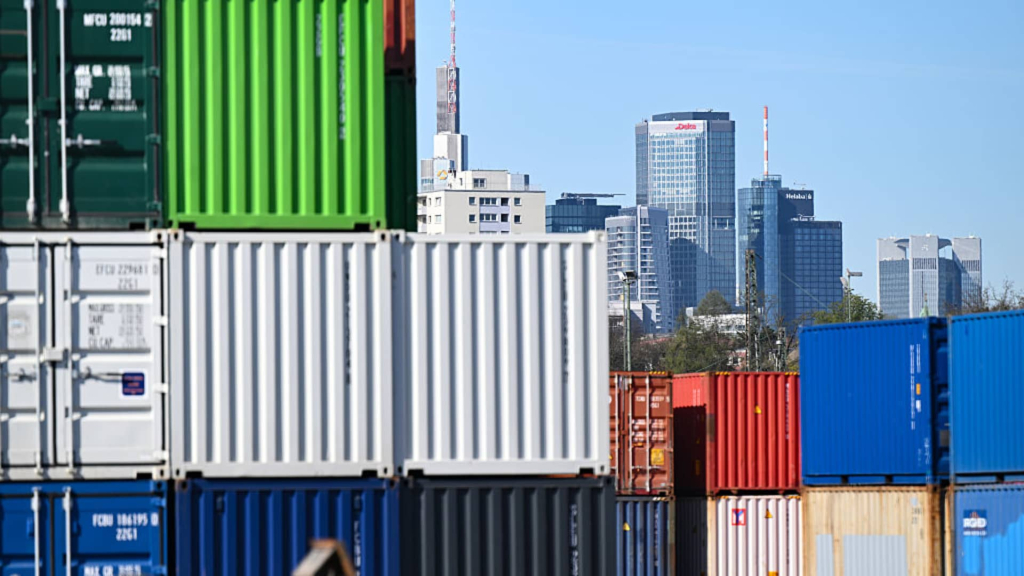According to preliminary data released by Eurostat on Wednesday, the euro zone experienced a robust economic expansion of 0.4% in the first quarter, defying expectations amid rising global tariff tensions that pose uncertainties for the region’s economy.
Economists surveyed by Reuters had predicted a mere 0.2% growth for the initial months of the year, following a previously revised growth rate of 0.2% in the final quarter of 2024.
The latest figures also indicated that Germany, the largest economy in Europe, saw its gross domestic product (GDP) increase by 0.2%, while France registered a modest GDP growth of 0.1% in the same timeframe.
Meanwhile, southern European nations and smaller economies continued to thrive; Spain and Lithuania both recorded a GDP growth of 0.6%, and Italy’s economy expanded by 0.3%. Notably, Ireland’s economy, characterized by its volatility due to a significant presence of multinational corporations, surged by an impressive 3.2% during the first quarter.
Despite the recent uptick in growth, the euro zone’s economic performance has generally been lackluster throughout both 2023 and 2024. In response, the European Central Bank has lowered interest rates to spur growth, with the deposit facility rate now standing at 2.25%, down from the 4% peak observed in mid-2023.
The ECB also projected in March that the euro zone’s economy would grow by 0.9% in 2025, a slight downgrade from its earlier forecast. New projections are set to be released in June, and central bank officials suggested that these would be pivotal for future monetary policy decisions.
During discussions at the International Monetary Fund and World Bank Spring meetings, economic policymakers and analysts expressed concerns over U.S. tariff policies, viewing them as a significant threat to future economic growth.
ECB President Christine Lagarde remarked that while the “disinflationary process is well underway,” there are “shocks” that could negatively impact GDP growth prospects.
Data released on Tuesday also indicated a decline in economic sentiment within the euro area for April, marking its lowest level since December 2024.
While economic growth remains subdued, euro zone inflation has approached the European Central Bank’s target of 2%, recorded at 2.2% in March. The forthcoming release of inflation data is anticipated later this week.


























